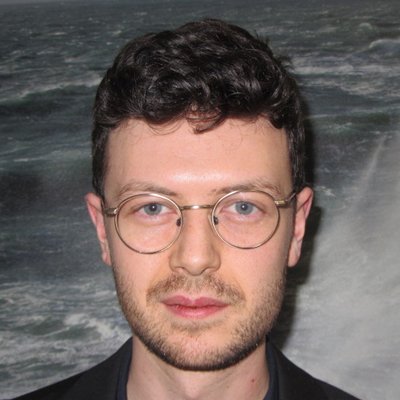 Armani, from Montréal Canada holds a BA in Political Science. He works as a writer, entrepreneur and barber. Armani has also worked for political parties, boards of directors, Brazilian start-ups and served drinks. His writing, fiction or otherwise is a search for the reasons behind our actions and whether they really help us as a people. Electric Order is Armani’s first novel.
Armani, from Montréal Canada holds a BA in Political Science. He works as a writer, entrepreneur and barber. Armani has also worked for political parties, boards of directors, Brazilian start-ups and served drinks. His writing, fiction or otherwise is a search for the reasons behind our actions and whether they really help us as a people. Electric Order is Armani’s first novel.
Tell us about your winning book
Electric Order is a story that looks at our modern societies in the near future. It’s a dark future and relatively sooner than some dystopic authors tend to portray the possible horror year arriving. At the same time, I’ve put a spin on this book as opposed to earlier work like 1984. Society is led by women and racial minorities make up the bulk of the characters in this story, which tries to imagine what is universal about human nature and its agency.
From this, the reader follows Paulo, a Canadian police detective, born in Angola but raised in Portugal. He pursues terrorist suspect Daniel throughout the city of Montréal all the while battling his melancholy. Both their lives collide in a tango of politics and rage through a complicated system of surveillance, money and power that envelopes every level of government and corporate power. In the end Daniel’s tale ends, and government moves on, but Paulo is left moved. He realizes his purpose.
What inspired your interest in this genre?
I have a lot of influences, but two really stand out. Fight Club by Chuck Palahniuk is the first because the way he uses a present tense prose stuck with me. I was immediately sucked in to his dark world filled with its weird cast of characters. I also have to give credit to Kurt Vonnegut, the master of satire, but to his relatively little known first novel, Player Piano. His description of utopia gone wrong made me realize that tweaking a few of the premises a bit would produce an eerily similar picture of today’s society tomorrow.
What writing experience did you have before this?
I’ve always written poems and stories for myself since around the age of ten, but it’s only recently that I’ve tried to push my writings into the public’s hands. Also, I’ve just finished university, and while there I wrote an innumerable amount of treatises on government; I wrote very few things creatively. This is my first success in creative fiction, and I’m very excited at the possibility of gathering an audience.
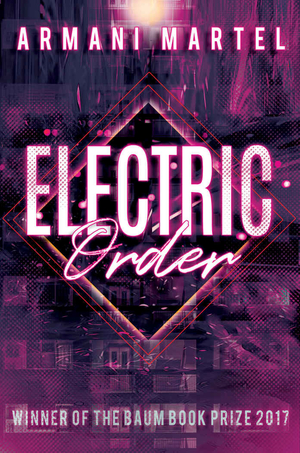 Why did you decide to self-publish?
Why did you decide to self-publish?
Well, I tried the traditional route which requires getting an agent, and I was shown the virtual backdoor through about a hundred different agents’ automated email responses. One agent in New York, I’ll never forget his two worded response: “No thans.” Yeah, he spelt his thanks wrong. Seriously what happened was I entered a competition, The Baum Book Prize, sponsored by Kwill Books and ended up the winner. I have been pleasantly surprised with the support I got from them. They really work with the author and help grow the writing.
How did you find the self-publishing experience?
The self-publishing industry offers a way to maximize the artist’s creative style. In a way, it sort of reminds me of the printing presses of the mid-eighteenth century from fairy ol’ England pumping out books left and right. So, I’m saying that all sorts of stuff gets published through the medium but it has the net effect of pushing new ideas, novel forms of writing and reflections on society that traditional publishers are rejecting because they are too obsessed with profit. If you have the opportunity to work with a publisher like Kwill Books for your book, go for it. The editorial work they applied to the novel was exceptional, and allows your work to shine amidst the muck.
What tips could you give others to produce a quality self-published book?
Rewrite, rewrite and rewrite. Take a break, have a snack then rewrite again. I was fortunate to understand quickly that beautiful, concise and poignant writing does not come with one stroke of the pen, and that the word processor is your friend. Every writer must learn to discern what is working and what is not, and that only comes with experience. Although, one shortcut is to enlist your favorite reader-friends. They’ll be able to quickly mark passages that don’t make sense or are boring. After you’ve passed the book onto several tests writers, rewriting it and repeating the process, I would recommend working with a line editor. Just be patient and expect it to take a while. Electric Order took ten years to write and while the last two were much more intense than the first previous eight; still, the first few chapters and final scene were written in 2008. So, yeah, be patient and moderate your drinking habits.
What obstacles did you face?
So many, and I’m sure much more are to come. Yet, the biggest obstacle to overcome was a feeling that it was okay to devote so much time to writing. Next, was the patience and dedication to write almost everyday to get the first draft done. Afterward, it was again, continuing to overcome a desire to put the work off after each little break in between a new edit to push through once more. Even after I had won the competition, I rewrote the book several times. And before winning the competition, I recruited a bunch of marketing students to help me push the novel.
I guess, in sum, the obstacle is yourself – you have to learn to adapt, react constructively to criticism and gain an ability to understand the marketplace and current reader trends. That was hard for me because I imagined I wrote a book that spoke more to our universal values, but I realize now, that even that has to appeal to current trends. If you want to write for an audience you have to be willing to accommodate to people’s current perceptions of the times. Otherwise, write for yourself. Actually, always continue to write things for yourself, but know when you are doing something slightly different.
What are your plans for the future as a writer?
My future plans are to keep writing because I love it. At the same time, I want new experiences to inform my writing. I have a next novel in mind, a utopia with a melancholic character named Olive, but I need to do some research out in the field. In work, with friends, family and other experiences. I’m also going to get more involved with my local borough council.
Author Links
Get an Editorial Review | Get Amazon Sales & Reviews | Get Edited | Get Beta Readers | Enter the SPR Book Awards | Other Marketing Services


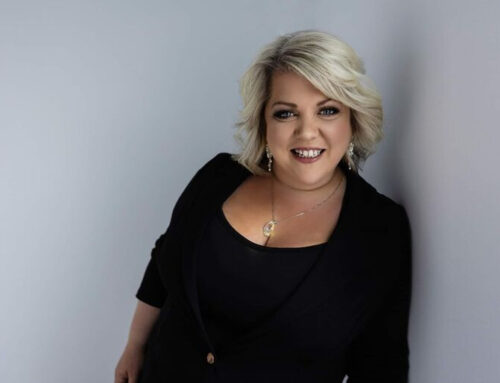

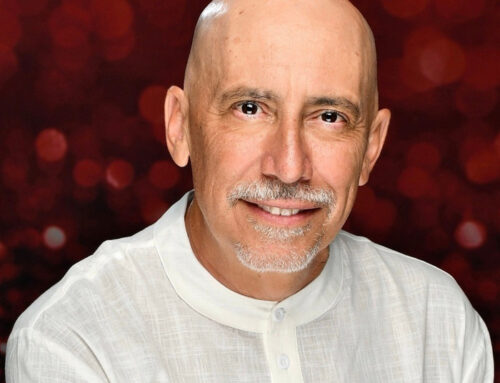
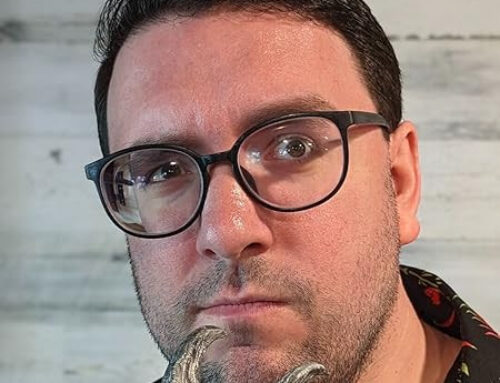
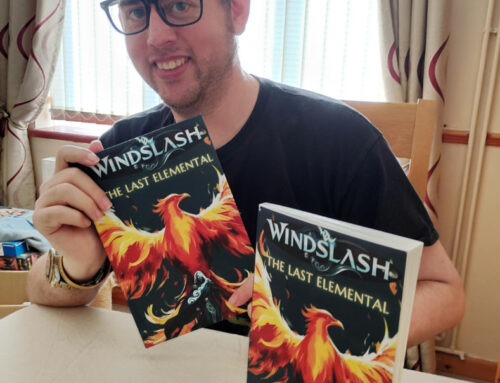
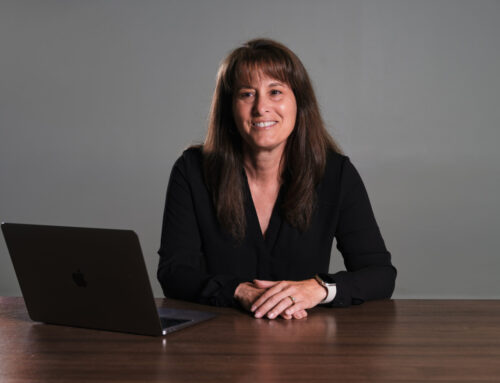
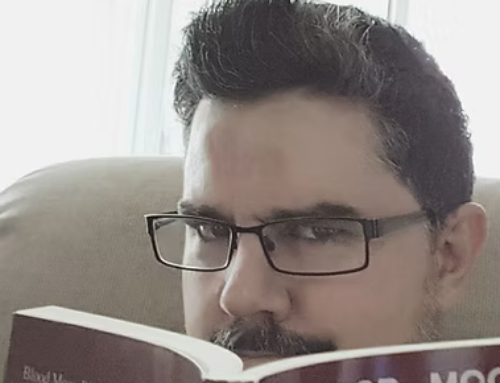

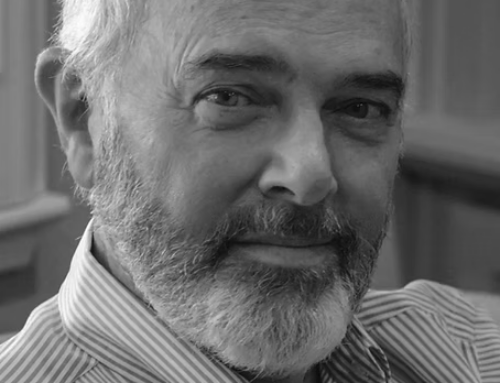











Leave A Comment